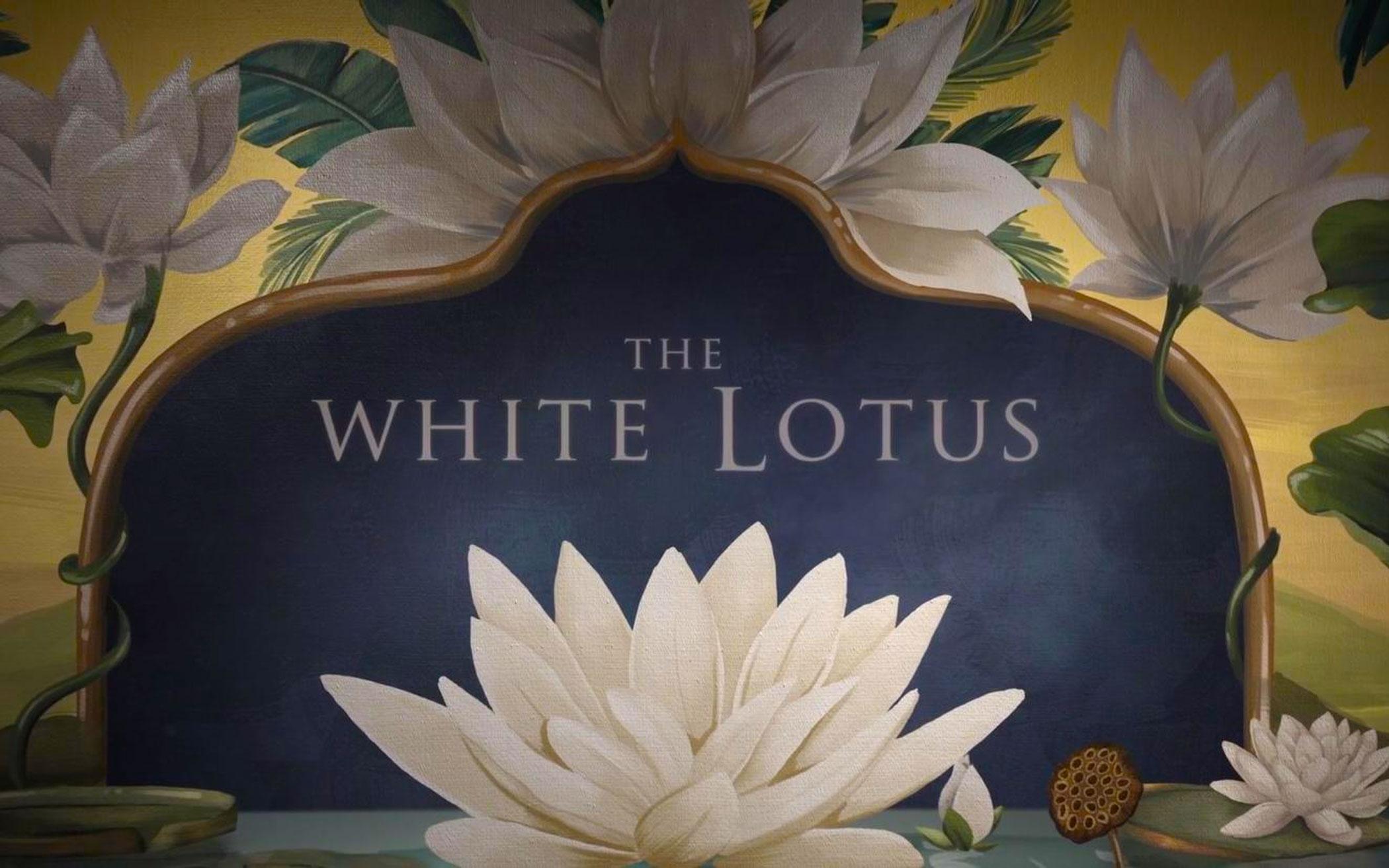There’s a common saying among Native Hawaiians that goes, “Don’t mistake our ‘aloha’ for weakness.” When I first moved to Hawaii four years ago, the saying struck me as extremely confrontational. But as I’ve come to realize, mainland Americans must understand that this slogan is the outcry of generations of Indigenous marginalization, multitudes of native peoples used as backdrop to further the enterprises and expansion of the Western world, all in the name of “aloha.” The White Lotus continues in this tradition, even as they try to do the opposite.
The White Lotus is a comedy-drama anthology series on HBO that is set in Hawaii (in season one) on a fictional vacation resort named “The White Lotus.” The narrative of the show centers around the relationships between the vacationing guests and the resort staff who serve them. The resulting dynamic is an entertaining twist on a classic social commentary trope: the power imbalance between the privileged and the disenfranchised, between the haves and the have-nots.
The show touches on topics such as wealth, class, and gender and attempts to subtly (comically) develop its commentary over the course of the first three episodes. Episode 4, however, is titled, “Recentering,” in an obvious attempt to recenter the narrative around the marginalized and oppressed. But for any conscientious resident of Hawaii, the approach is not subtle at all. Any time a show or movie uses Hawaii as a backdrop, the disconnect is broadcast loud and clear. Local Hawaiian writer and artist Mitchell Kuga wrote a great review of The White Lotus and chronicles the disconnect with reflective honesty. He observes, “In a series that’s purportedly satirizing white privilege, was using Hawaiian music to soundtrack the spiritual epiphanies of entitled tourists meant to be ironic? … Is the show that self-aware?”
Is The White Lotus self-aware? Are they trying to be ironic? Writers like Kuga don’t think that’s the case. Instead, The White Lotus is another iteration of the Hawaiian nation used as decorative fodder—a nameless, faceless, exotic stand-in to promote the show’s “real” social commentary. In this sense, the show could have chosen any number of vacation-paradise locales—Fiji, Tahiti, or even Florida—and not skipped a beat.
Intrinsic within the issues of this commentary lies the challenge for the Christian viewer. Our efforts to be a missional community, to truly love our neighbor as Jesus loves us, requires a case-by-case incarnational humility. Incarnational in that we should center the gospel-need of those we seek to minister to within their context. Humility in that we should be in a perpetual posture of learning and relearning. If the church’s mission is to be the beautiful feet that bring good news (Rom. 10:15), then a gospel-prompted recentering must be a lifestyle that is embraced and re-embraced based on each and every individual context and locale. As tedious or cumbersome as that might seem to some, it must come from a desire to love others as we have first been loved.
Note: Despite the fact that this show is artfully crafted and delivers powerful themes, viewers should know that it is also woven through with TV-MA content (sex, drugs, language, and murder). Common Sense Media and other parental advisory media groups peg this as 18+ viewing only. (HBO)
About the Author
Daniel Jung is a graduate of Calvin Theological Seminary and an ordained pastor in the Presbyterian Church in America. He lives in Northern California, where he serves as an associate pastor at Home of Christ in Cupertino.

